Our teams
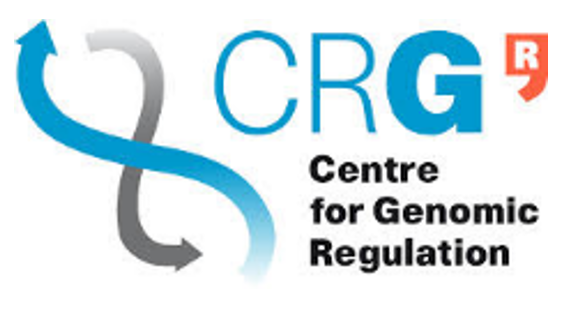
A data management and analysis group – The CRG is the coordinating center of IMPaCT T2D and is in charge of the Annotation of Genetic Information team (WP4).
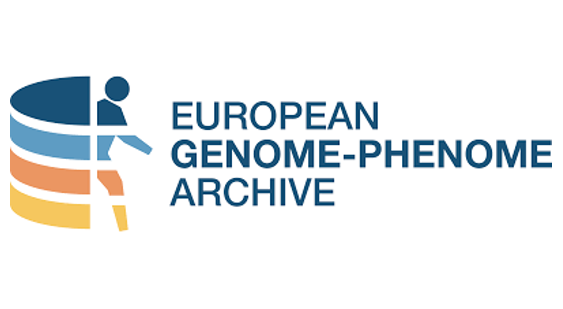
A data management and analysis group – The EGA is in charge of the Data Management team (WP3).
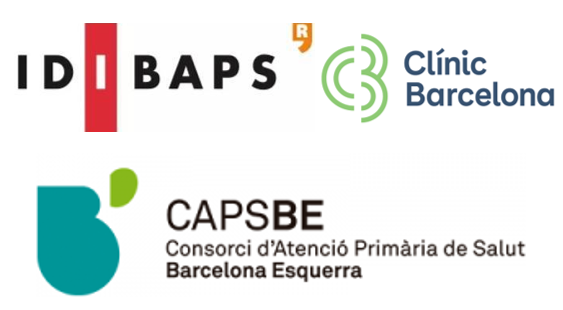
A clinical research group – FRCB-IDIBAPS is a key center for patient recruitment of cohorts and clinical characterization.
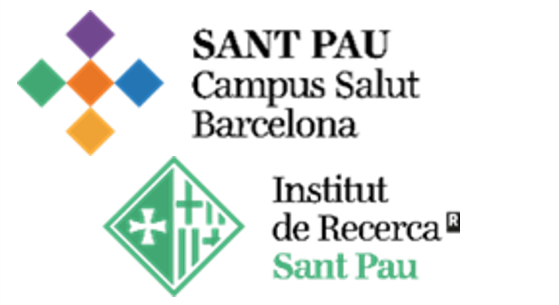
A clinical research group – The team of Hospital de la Santa Creu i Sant Pau is the coordinator of the validation phase and first pharmacogenomic study (WP6) and also collabotes in patient recruitment.
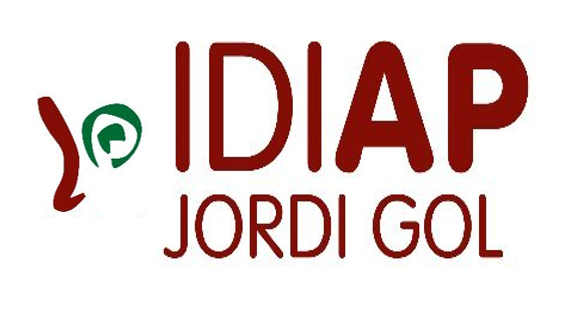
A clinical research group – The IDIAP Jordi Gol will carry out a qualitative study to find out how the information from genetic studies should be transmitted to the general population and family doctors and will contribute to the validation of the results of the first phase.
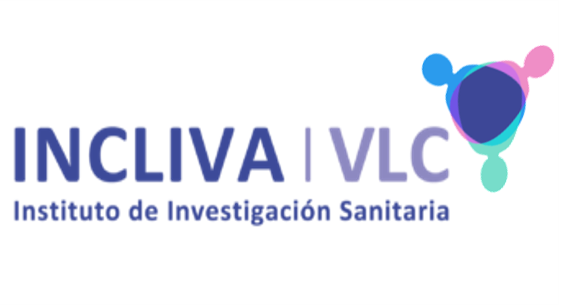
A clinical research and analysis group – INCLIVA´s role is the coordination of the Genetic counseling and ethical considerations (WP8) together with the collaboration in the cohorts design and patient recruitment (WP1) and specific bioinformatic analyses (WP6).
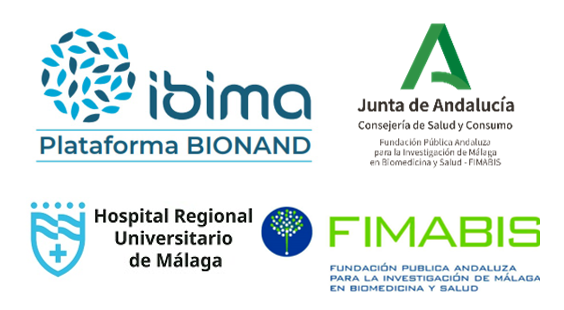
A clinical research group – The IBIMA BIONAND Platform group’s main role in the consortium is the coordination of patient recruitment and clinical characterization of the cohort.

An analysis group – The group from the University of Murcia is the co-coordinator of Identification and characterization of stratified subsets team, together as experts of AI.
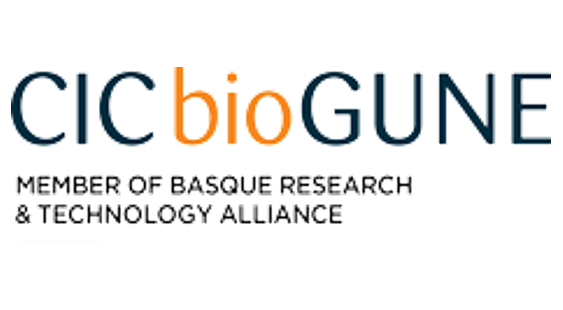
A data management and analysis group – The CIC bioGUNE will develop genetic models that take advantage of the omics information available for T2D, complementing the functional scores directed by the CRG group.
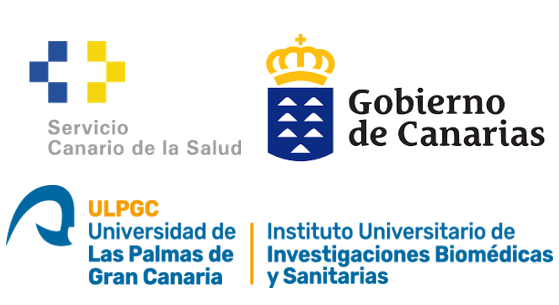
The IMPaCT-T2D Canary Islands team’ s role is the coordination of WP5 (Identification and phenotypic characterization of stratified subsets, co-led with José Juárez) and WP2 (Sequencing and primary analysis). Furthermore, this multidisciplinary team, that includes endocrine physicians, primary care clinicians, epidemiologists, statisticians, bioinformaticians and geneticists, participates in cohort design and patient recruitment (WP1), annotation of Genetic Information (WP4), harmonization and validation (WP6) and clinical implementation, leading the cost-effectiveness evaluation (WP7).
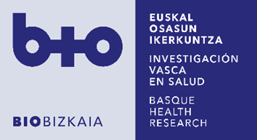
A clinical research group – The group of Genetics and endocrine diseases of IIS Biobizkaia which roles are: sample and patient recruitment (WP1), development of genetics model (WP4), validation phase and pharmacogenomic study (WP6), it is the leader of the clinical implementation (WP7) and finally, it also participates in ethical considetarions and genetic advice (WP8).
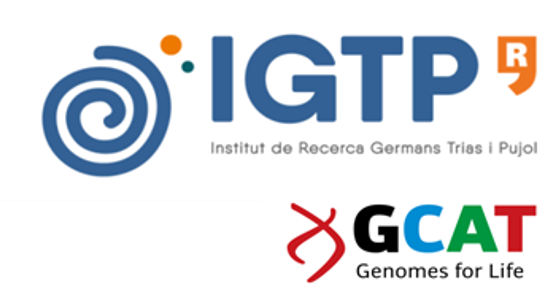
IGTP-GCAT team main contribution is the identification and provision of volunteers of Diabetes Type 2 (T2D) cases and controls, comprehensive participant characterization with enriched metadata, and possibility of recontacting participants for future research needs. GCAT involves a multidisciplinary team to support various tasks, as support in the creation of a DataBase (RedCap), providing the expertize in the genetic-environmental analysis, furthering our understanding of T2D development and treatment.
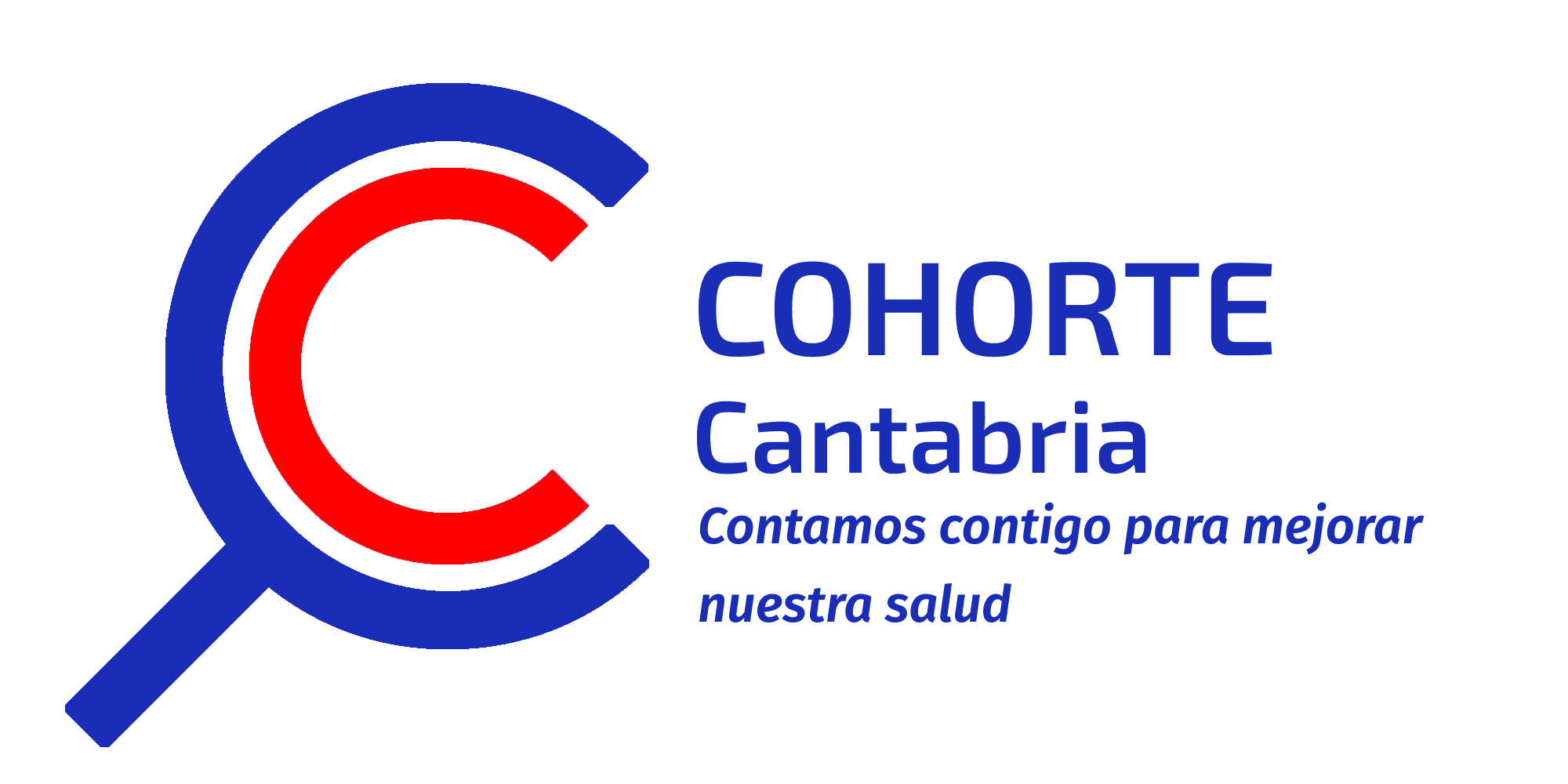
Cohorte Cantabria is a prospective population-based study aiming to recruit 50,000 residents of Cantabria aged 40 to 70, with a minimum follow-up of 20 years and visits every 4 years to collect biological samples and health data. The information, integrated with clinical records in OMOP format, includes socio-demographic data, lifestyle habits, family medical history, diagnoses, and online cognitive assessments. Its goal is to advance Precision Medicine, providing ethical and regulated access to researchers.